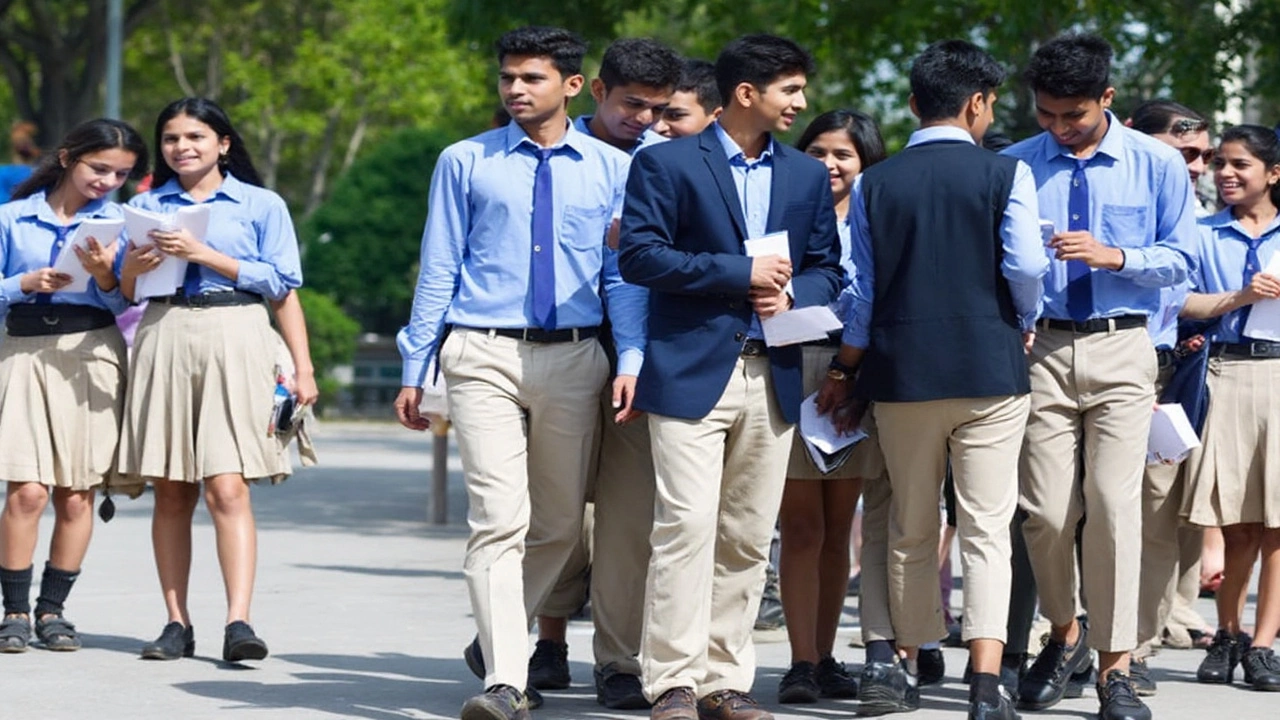Environmental Education: What It Is and Why It Matters
If you’ve ever wondered why schools are talking more about recycling, renewable energy, or climate change, you’ve stumbled onto environmental education. In plain terms, it’s the process of teaching people—kids or adults—how the natural world works and how our actions affect it. The goal isn’t just to drop facts; it’s to spark habits that keep the planet healthy.
Key Benefits You Can See Right Away
First off, learning about the environment makes everyday decisions clearer. When you know why plastic hurts oceans, you’re more likely to choose a reusable bottle. Second, students who study eco‑topics often develop stronger problem‑solving skills because they have to think about complex systems—like how deforestation impacts weather patterns. Finally, schools that embed sustainability see higher engagement; kids love projects that let them see real‑world results, like planting a garden that actually produces food.
How to Start Learning or Teaching Today
You don’t need a degree to get started. Begin with a short documentary or a local nature walk—both give a vivid picture of why the issue matters. Next, grab a free online module; many universities offer 30‑minute lessons on climate basics. If you’re a teacher, try a simple classroom activity: have students track the school's waste for a week and then brainstorm reduction ideas. The results are often eye‑opening and lead to immediate improvements.
For those who want deeper knowledge, look for community workshops. Many cities host free talks on topics like urban gardening or energy audits. Signing up for a local citizen‑science project—like bird counts or water‑quality testing—lets you contribute data that scientists actually use. It’s a win‑win: you learn and you help.
Technology also makes eco‑learning easy. Apps like iNaturalist let you identify plants on a hike, while platforms such as Coursera host full courses on sustainable development. Set a goal to complete one lesson each week; the habit builds without feeling overwhelming.
When you’re ready to share what you’ve learned, start small. Post a quick tip on your social media, organize a recycling challenge at work, or volunteer for a local clean‑up. People notice practical examples more than abstract theory, and your actions can inspire others to join.
Remember, environmental education isn’t a one‑time lesson—it’s a lifelong habit. Keep asking questions, stay curious, and look for ways to apply what you learn in daily life. The more you know, the easier it becomes to make choices that protect the planet.
Ready to dive in? Pick one of the resources above, set a simple goal for the next week, and watch how small changes add up. You’ll soon see that learning about the environment is not just useful—it’s empowering.
CBSE Leads In‑House Training on Environmental Education at GJPS Bokaro
The Central Board of Secondary Education held an in‑house training session on environmental education at Gajendra Narayan Joshi Public School in Bokaro. Over 30 teachers attended workshops that covered curriculum updates, hands‑on activities, and assessment methods. Organisers say the program aims to embed sustainability into daily school life. Participants left with new lesson plans and a pledge to launch green clubs. The event reflects CBSE’s broader push for eco‑friendly learning across India.
Details +